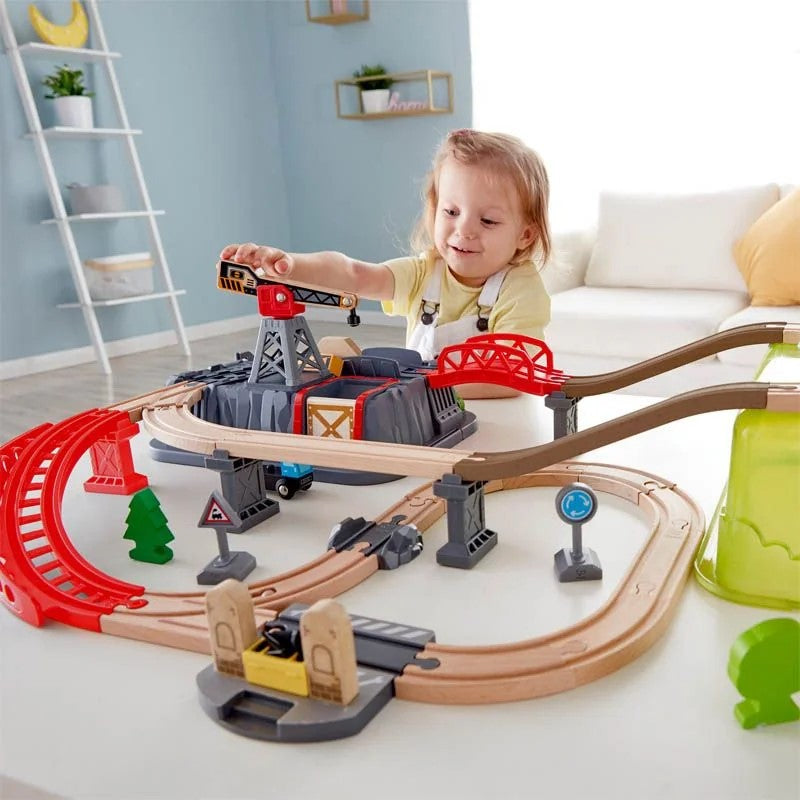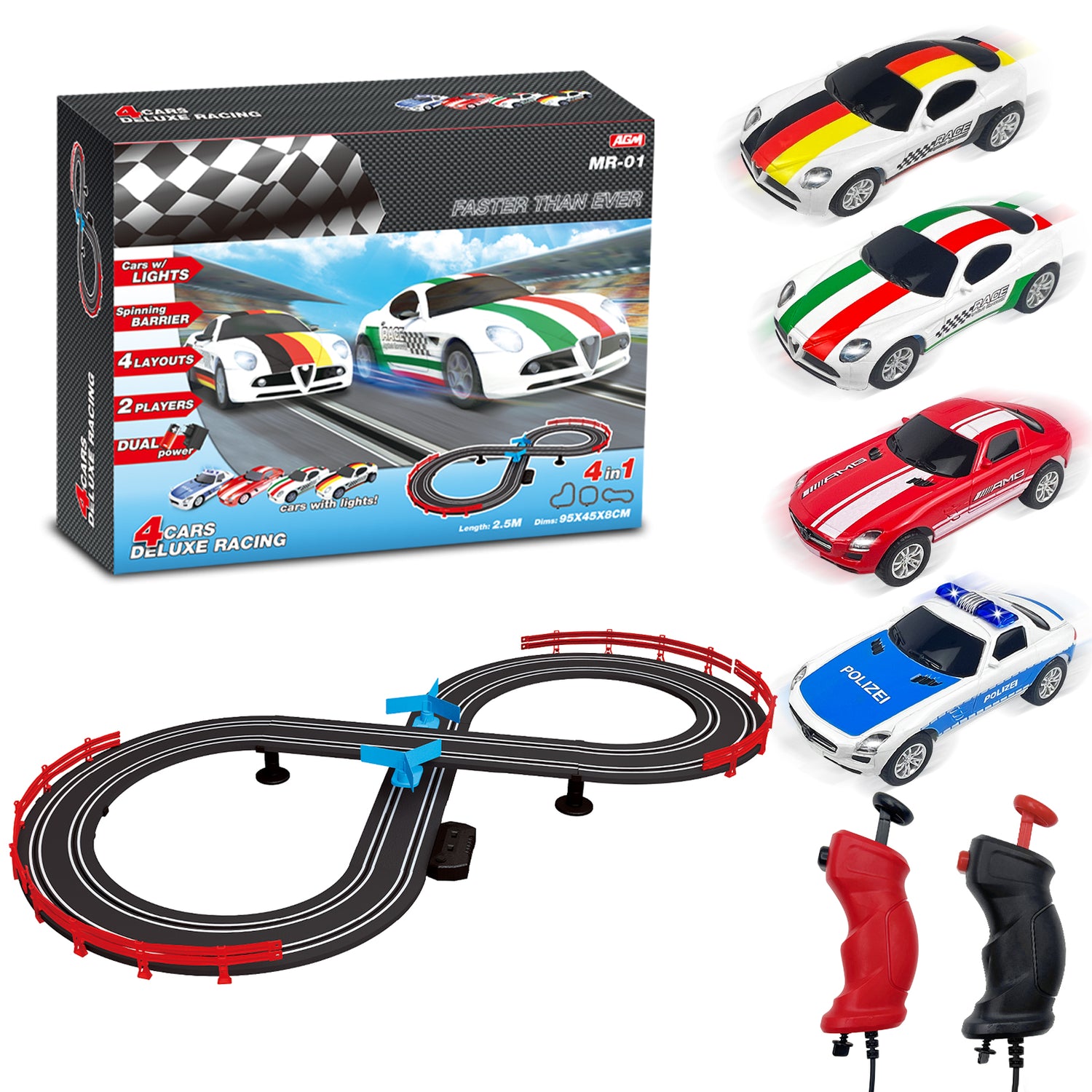Introduction:
Toys are not just objects of amusement; they hold immense educational value. Toy education is a powerful tool that fosters creativity, imagination, and cognitive development in children. In this blog, we will explore the significance of toy education and how it contributes to a child's overall growth and learning journey.
-
Stimulating Imagination:
Toys provide a gateway to a world of limitless possibilities. Whether it's building blocks, dolls, or puzzles, toys encourage children to create their own narratives and scenarios. By engaging in imaginative play, children develop problem-solving skills, enhance their storytelling abilities, and cultivate their creativity. -
Hands-On Learning:
Toys offer hands-on learning experiences that promote cognitive and motor skill development. Construction sets, science kits, and art supplies enable children to explore and experiment, fostering critical thinking and logical reasoning. Through tactile engagement, they grasp concepts such as shapes, colors, numbers, and even scientific principles. -
Social and Emotional Development:
Beyond individual play, toys facilitate social interactions and emotional growth. Board games, role-playing sets, and cooperative toys encourage cooperation, turn-taking, and negotiation skills. Children learn to express their emotions, empathize with others, and develop social bonds, thereby enhancing their emotional intelligence. -
Language and Communication Skills:
Toys play a vital role in language development. Storybooks, puppets, and language-building toys can improve vocabulary, reading comprehension, and communication skills. Through pretend play, children engage in conversations, practice language patterns, and expand their linguistic abilities. -
Cultural Awareness and Diversity:
Toys can also promote cultural awareness and diversity. By introducing toys representing various ethnicities, backgrounds, and abilities, children learn to appreciate and respect differences. This fosters inclusivity, empathy, and a broader worldview. -
STEAM Learning:
Many toys incorporate elements of science, technology, engineering, arts, and mathematics (STEAM). These toys inspire children to explore these disciplines in a fun and engaging way. Building robots, conducting experiments, or creating artwork with mathematical concepts nurture a love for STEAM subjects and lay the foundation for future learning.
Conclusion:
Toy education is far more than just play; it is a catalyst for holistic development. By embracing the power of toys, we can unlock a world of imagination, learning, and growth for children. Let us provide children with a diverse range of educational toys, fostering their creativity, critical thinking, and social skills. Together, we can shape a generation of lifelong learners who thrive in a dynamic and ever-changing world.


